The Global Tuna Alliance is disappointed and perplexed by the International Commission for the Conservation of Atlantic Tunas (ICCAT) and their decision to continue overfishing the endangered Shortfin mako in 2021.
One of the topics up for decision making at the recent International Commission for the Conservation of Atlantic Tunas (ICCAT) meeting was a conservation measure for mako sharks in the Atlantic. Shortfin mako is classified by IUCN as globally Endangered and was listed under CITES Appendix II in 2019. However, in the Atlantic the situation is even more dire: ICCAT’s own Scientific Committee have warned since 2017 that shortfin mako has been overfished and overfishing continues, while recovery of the North Atlantic stock will likely take ~25 years even if fishing could be cut to zero. But even then, there is only a 53% chance of rebuilding by 2045, while even a modest catch limit of 500 tonnes a year (including dead discards) has only a 52% probability of rebuilding by 2070.
Going into the discussions, the Global Tuna Alliance position was clear – ICCAT should agree to protect shortfin mako sharks by heeding scientists’ warnings about North Atlantic depletion and South Atlantic imminent risk. Specifically:
- Immediately prohibit all shortfin mako retentions
- Ensure specific scientific advice for minimizing incidental mortality is developed and implemented as a matter of urgency.
This was a position echoed by many other organisations including Pew, WWF, SharkProject, Sciaena, and a joint position from The Ecology Action Centre, The Ocean Foundation, Shark Trust, Project AWARE, Defenders of Wildlife and the Humane Society International.
Three proposals were submitted for discussion: the EU (PA4-804), the USA (PA4-805) and Canada (PA4-806). The Canadian proposal was co-sponsored by Senegal, the UK, Chinese Taipei and Gabon and was the only proposal which followed ICCAT’s own advice for an immediate retention ban in the North Atlantic, prioritisation of additional measures to reduce mortality, and a total allowable catch (TAC) of 2001 tonnes for the South Atlantic. The Norwegian delegation also announced support for this proposal.
In contrast, The EU proposal included a TAC of north Atlantic shortfin mako of 500 tonnes, excluding dead discards and discards of live but potentially damaged fish. This means the total fishing mortality will be higher than 500 tonnes and the probability of rebuilding by 2070 will be less than 52%. The US proposed a TAC of 700 tonnes in 2021 and 500 tonnes in 2022. In addition, this would continue to allow retaining alive animals above a certain size as caught as game by sport fishing. Again, this level of fishing mortality will provide a low probability (≤52%) of rebuilding by 2070. When it comes to sharks, it is generally recommended to seek a 70% probability of rebuilding the stock. Surprisingly, neither the EU nor the US proposal included any catch limit for the South Atlantic.
Despite substantial backing from NGOs and the market, and a total of 17 statements in support of a retention ban and the Canadian proposal, no agreement could be reached and therefore it was concluded to postpone any new decision on this stock until 2021.
As a result, the existing regulation will be rolled over to 2021 allowing overfishing without limits to continue throughout 2021.
Tom Pickerell, Global Tuna Alliance Executive Director said “The GTA applauds the leadership demonstrated by Canada, Senegal, Chinese Taipei, Gabon and the UK and challenges the EU and the US to follow the science in 2021 if it’s not too late. There are no excuses; the North Atlantic stock is at the verge of collapsing and the South Atlantic stock is on a similar trajectory. All excuses which are questioning the clear recommendation of the scientists must stop and ICCAT must take responsibility for the active conservation of this species.”
